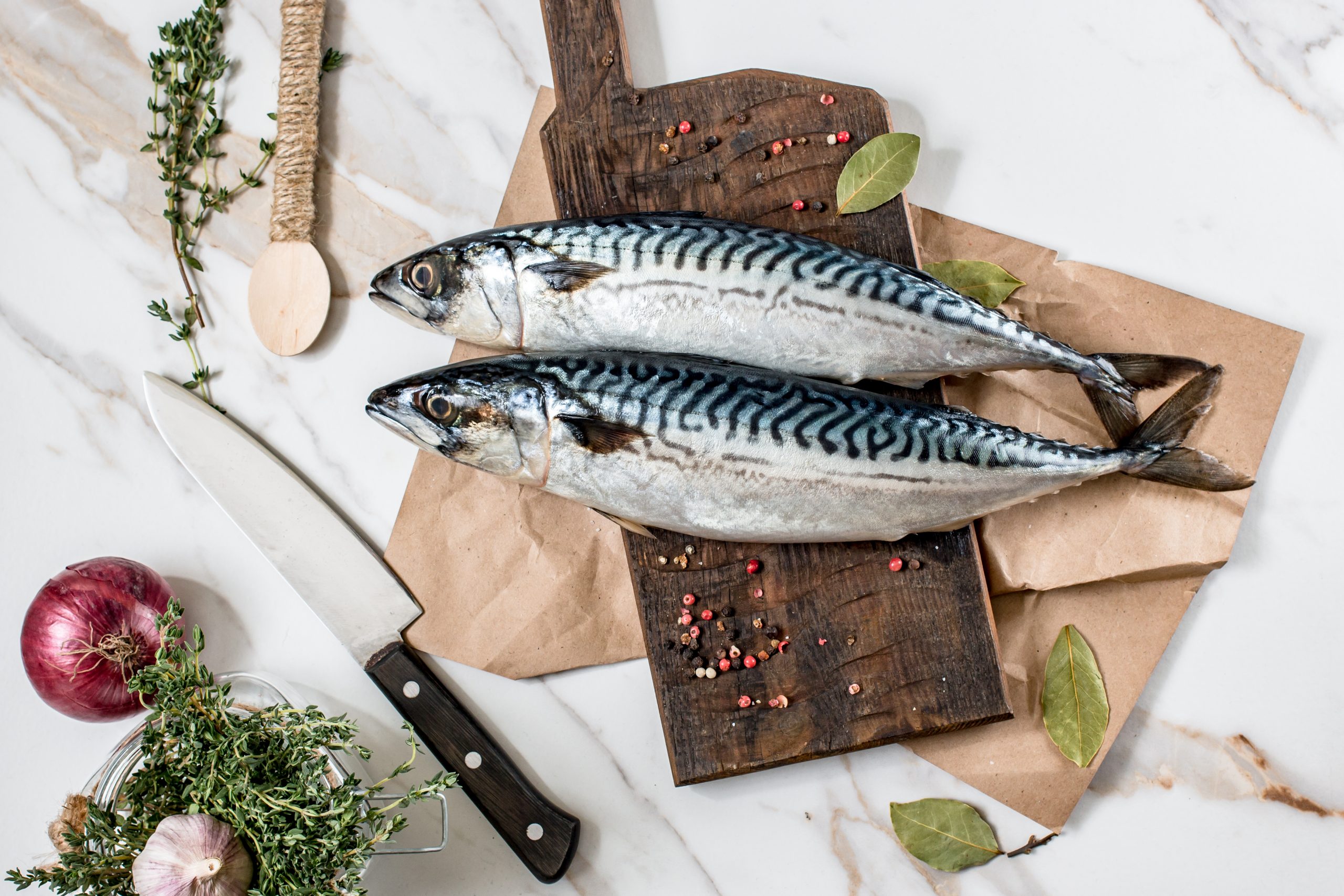
5 myths regarding fish consumption
5 MYTHS REGARDING FISH CONSUMPTION
Not everything we hear about fish consumption is true. There is a lot of information, which is frequently disseminated, without proof of its total veracity. To guide you, we gathered here the main doubts regarding fish consumption and clarify whether they are myth or fact.
Check out 5 myths regarding fish consumption.
Fish consumption: 5 myths to consider
1. Aquaculture fish is worse than wild-caught fish
According to the european food safety authority (efsa), there are no significant differences between wild-caught and aquaculture fish, both with regards to consumption safety and nutritional value. There are other factors with a greater impact in the nutritional composition of fish and in the level of contaminants, such as the species, the season, the location and the diet.
This way, similarly to wild-caught fishery products, aquaculture products are recommended in a healthy diet.
2. Pregnant women cannot eat fish
A study from the faculty of medicine of the university of porto (fmup) showed that a low consumption of fish during pregnancy can have a negative impact in gestation and affect the neurodevelopment of children. During pregnancy, just make sure that all food is fully cooked.
3. The darker the fish, the richer in omega-3
There is no scientific evidence that this statement is true. Generally speaking, fish with a higher omega-3 content are fatty fish, such as mackerel, sardine, salmon and tuna. Several studies advocate that regular consumption of such fish can contribute to prevent cardiovascular diseases.
4. Frozen products are less healthy than fresh products
Frozen sea products are just as healthy, if not more, as fresh products. These preserve the quality of the product, its nutritional and organoleptic properties, and will always be an excellent choice, provided that the freezing process is observed.
On board freezing, which means that the freezing is done immediately after fishing, allows to keep all these properties, which makes frozen fish an excellent healthy choice.
5. Eating meat is healthier than eating fish
Both meat and fish are important sources of animal protein. They belong to the food wheel and contribute to a healthy diet. While they both supply similar quantities of protein, a great majority of fish, when compared to meat, has a high content of omega-3 acids, which are important to protect from cardiovascular diseases, as well as phosphorus, an important mineral to promote bone and teeth formation.
As we can see, not everything that we hear about fish consumption is true. Make sure that information is checked by reliable sources, to avoid taking hasty decisions that may be harmful to your health.



